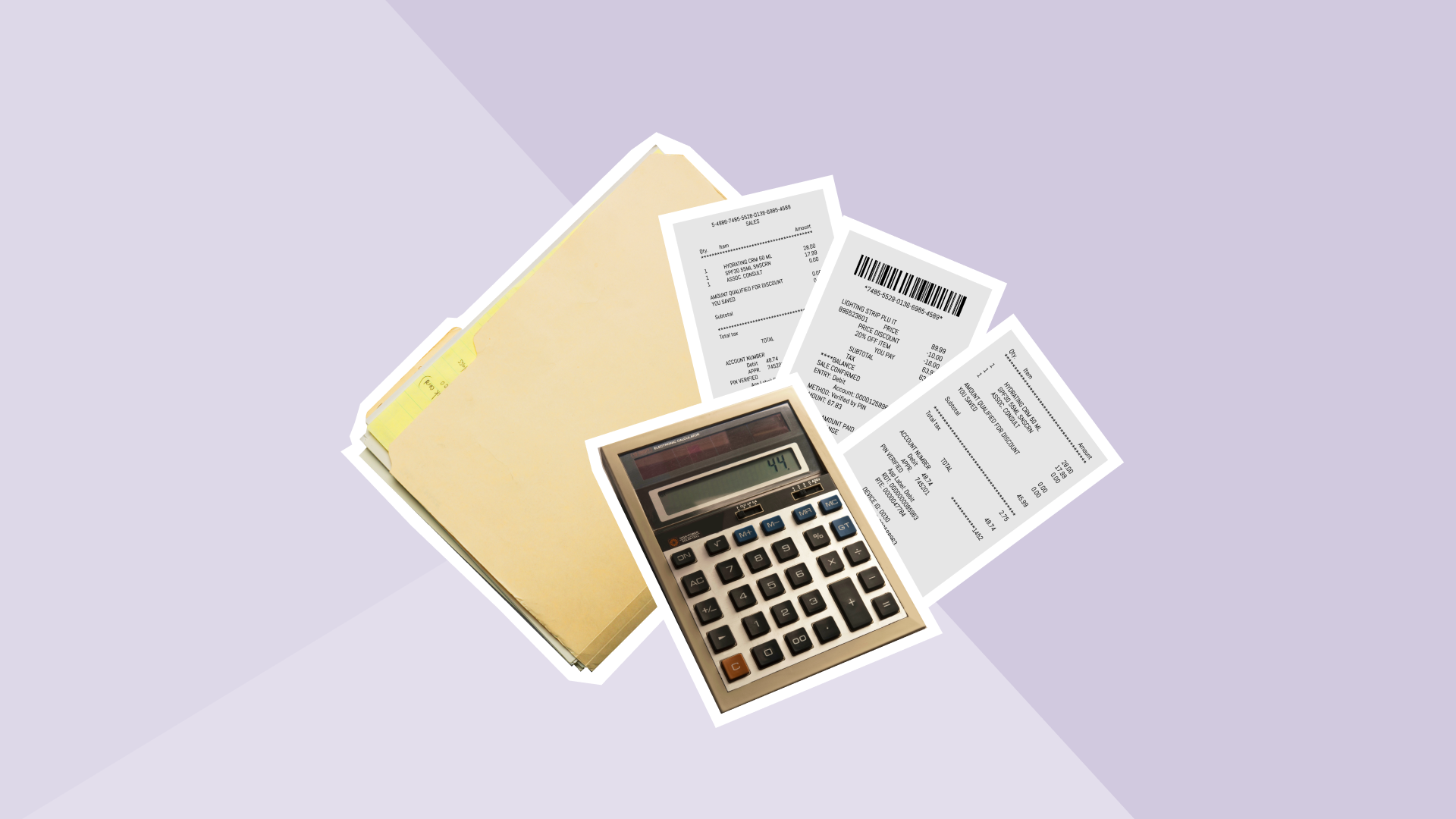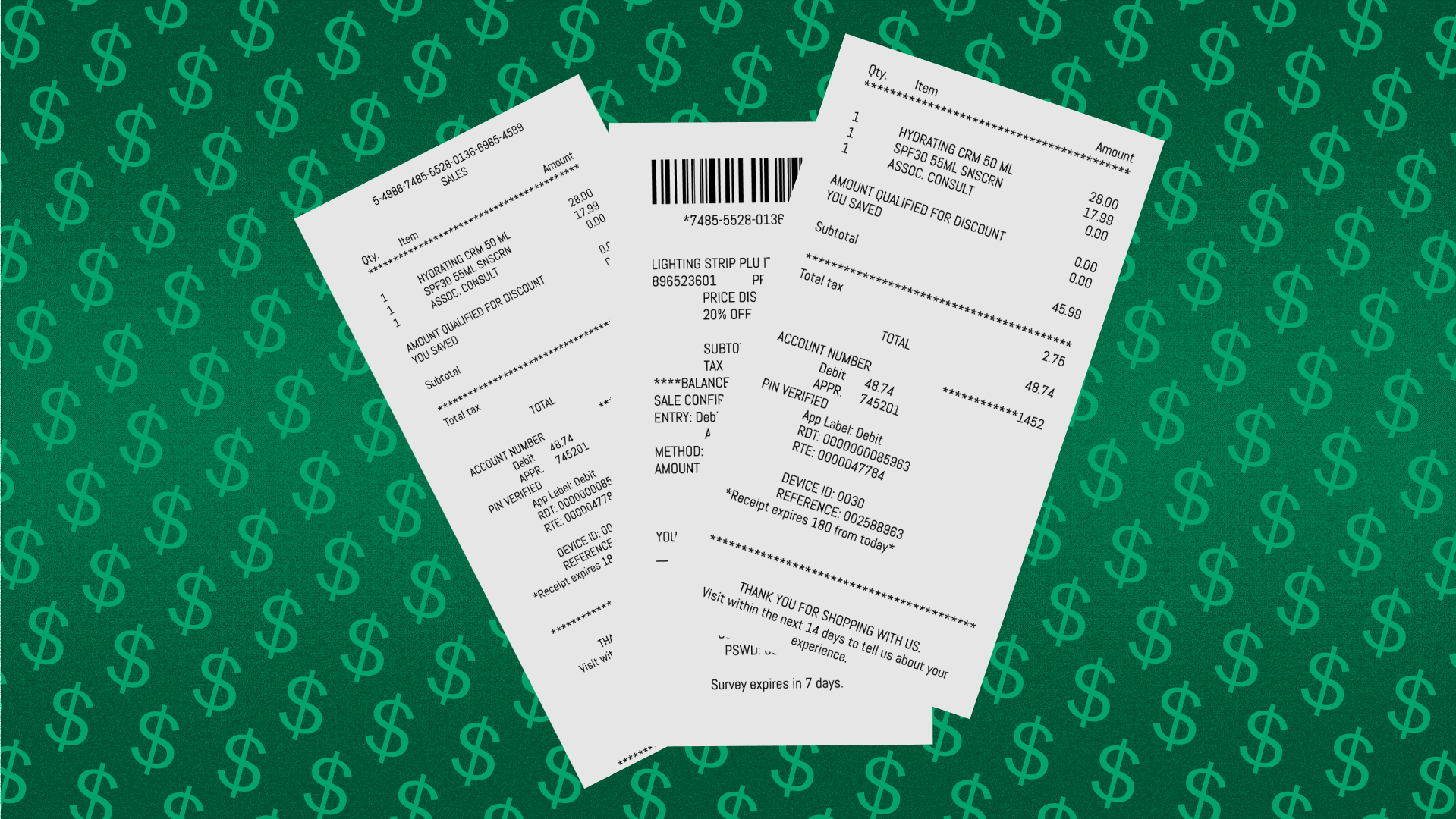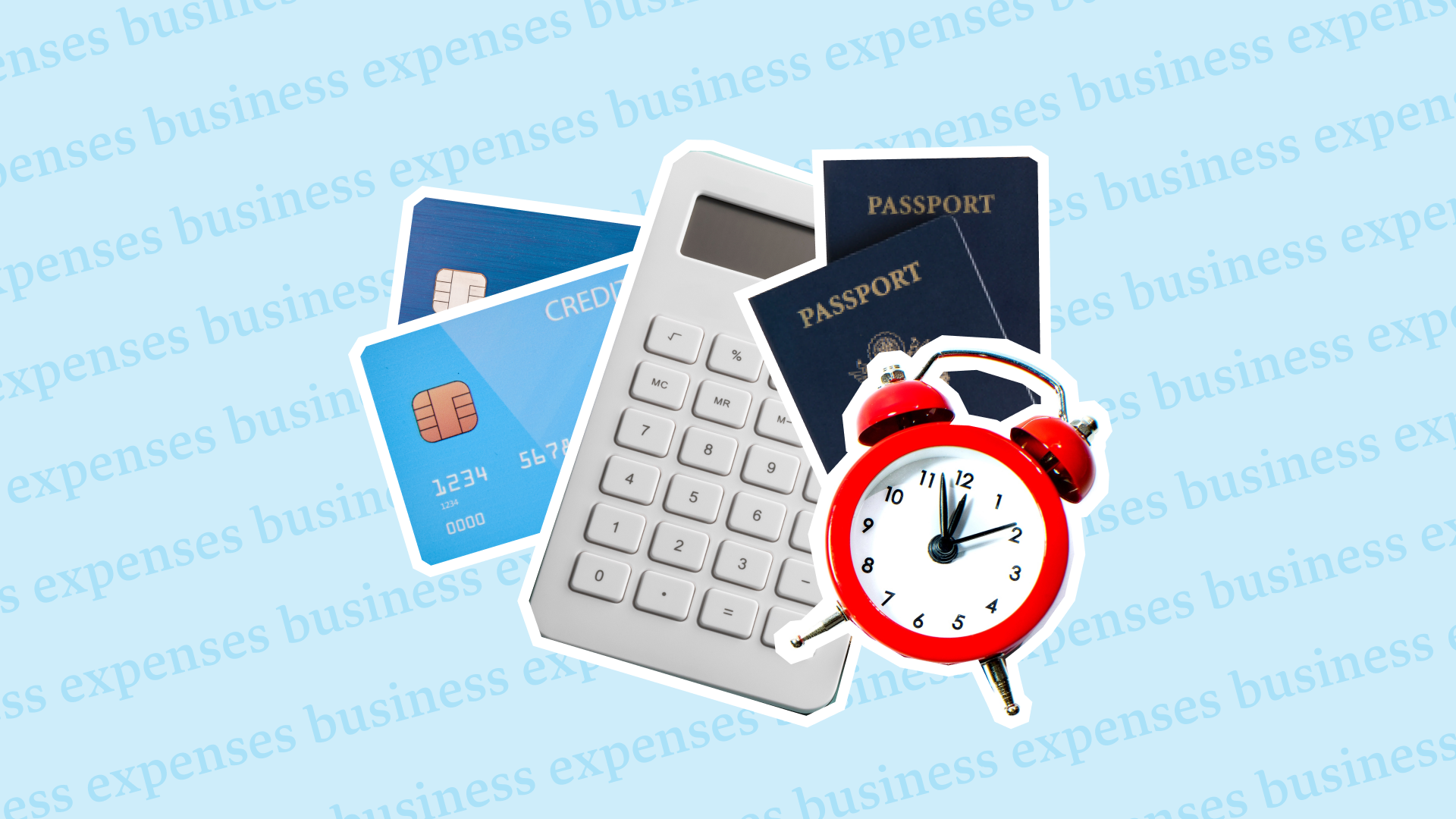We've built a guide outlining everything you need to know about business expenses. If you'd like to download it for free, you can do so here.
Every deductible business expense reduces a business's taxable income. When an employee incurs an expense while providing services for the business, those expenses are deductible business expenses IF the employer reimburses his employee for the expenses.
However, some businesses don't benefit from those deductions because they fail to have what the IRS refers to as an Accountable Expense Reimbursement Plan.
Without an accountable plan, expense reimbursements to an employee become taxable income to the employee. This costs both the employer and the employee money. The employee has to pay income taxes on the reimbursements. The employer may still have a tax deduction in the form of wages paid, but the employer incurs the additional cost of paying Social Security, Medicare, and FUTA taxes on those wages.
Put simply, having an accountable plan will save both the employer and the employee money.
On the other hand, some employers have suffered during an IRS audit because they failed to have a written accountable plan, either as a separate document or as part of an employee manual, thus resulting in their employees failing to properly document business expenses. So what should a written plan include? The following is a brief outline of what an accountable expense reimbursement plan may contain.
Introduction
Brief introduction to define an accountable plan and why employees must conform to its provisions.
Review of Legal Requirements
Employee Record Keeping Requirements
Company Policies Regarding Travel ExpensesHow to Submit Business Expenses
Policies Regarding Employer Review and Timing of Reimbursements
Special Situations
Check out our newsletter
Monthly tips on running a business in your inbox.
Check out our newsletter

Learn more with Justworks’ Resources
Scale your business and build your team — no matter which way it grows. Access the tools, perks, and resources to help you stay compliant and grow in all 50 states.








